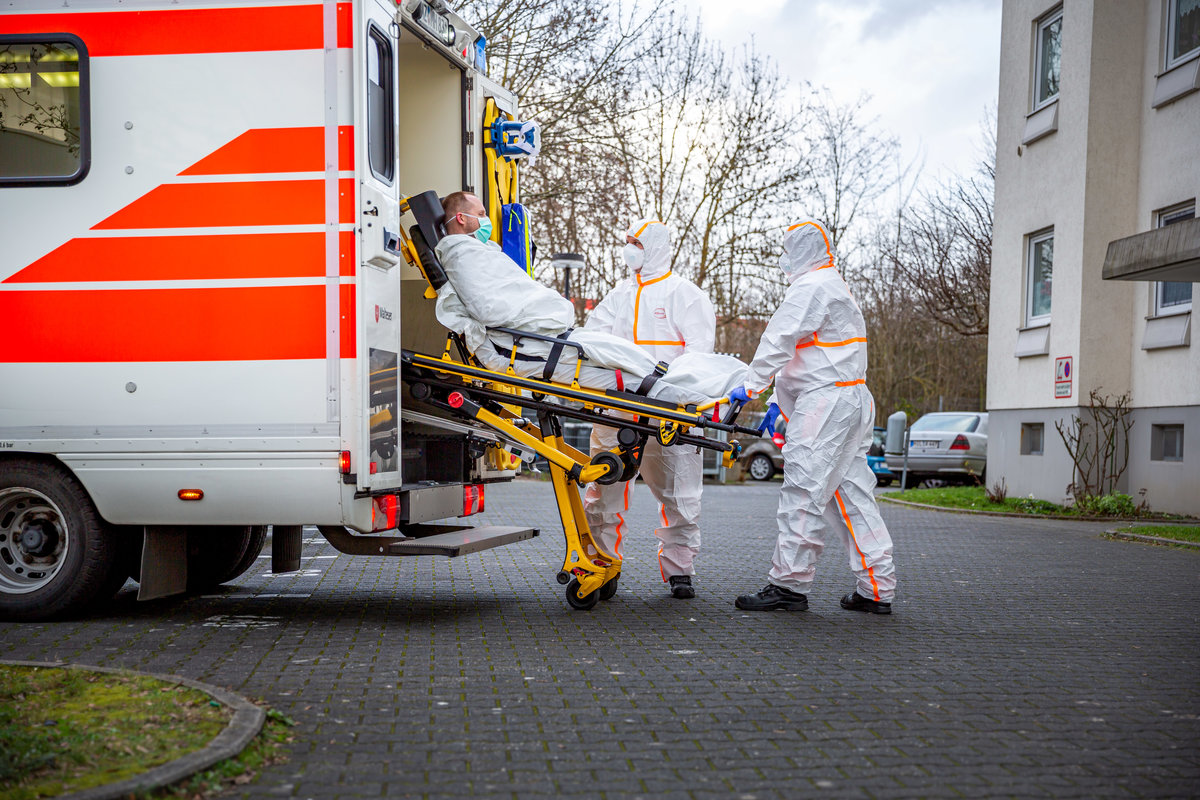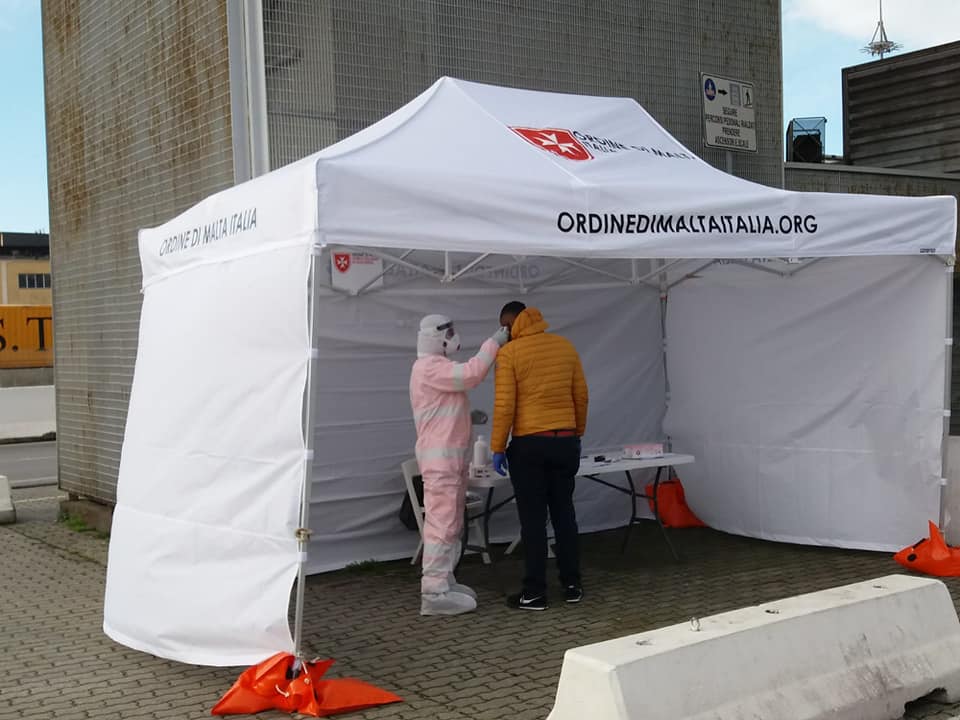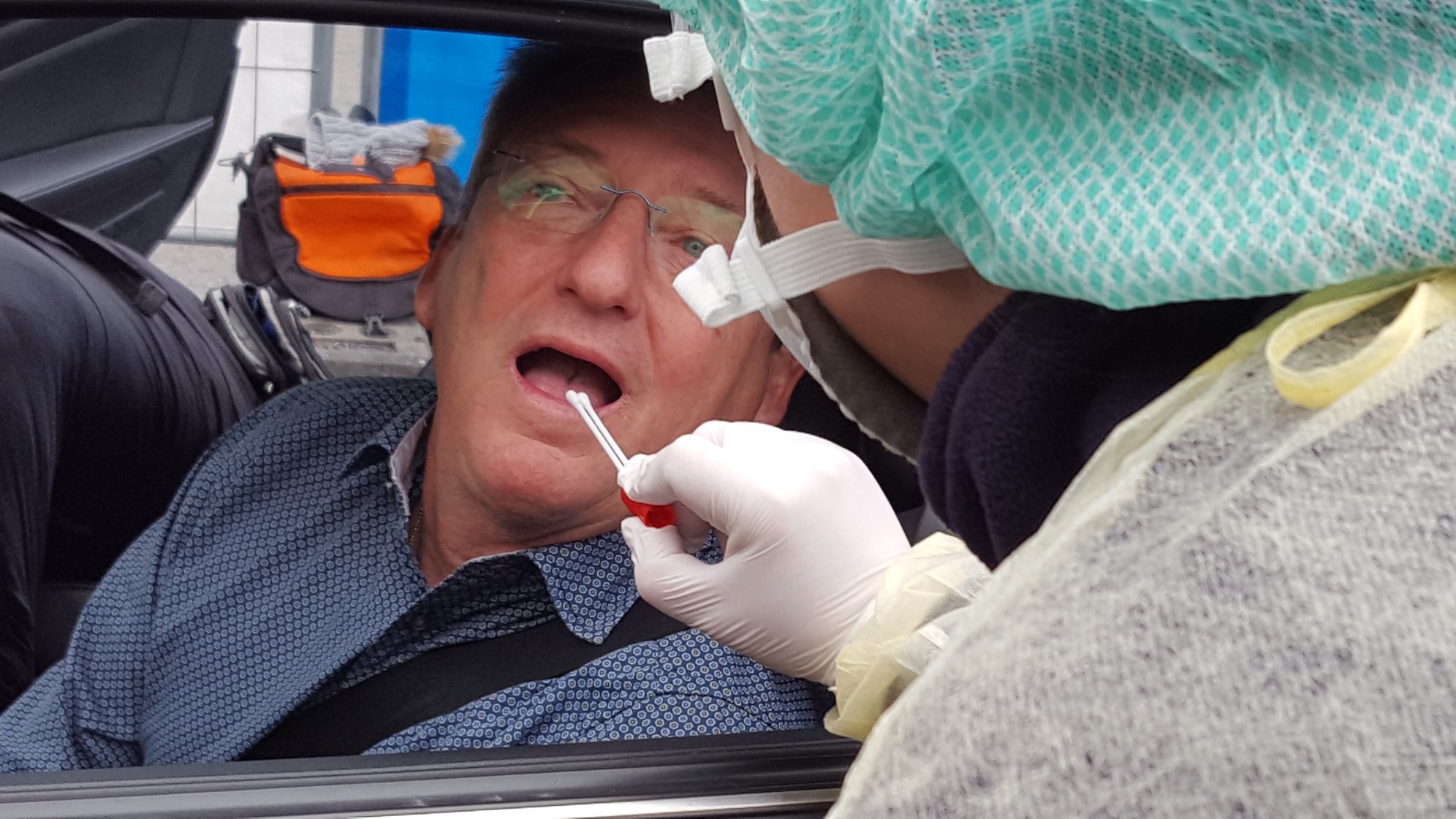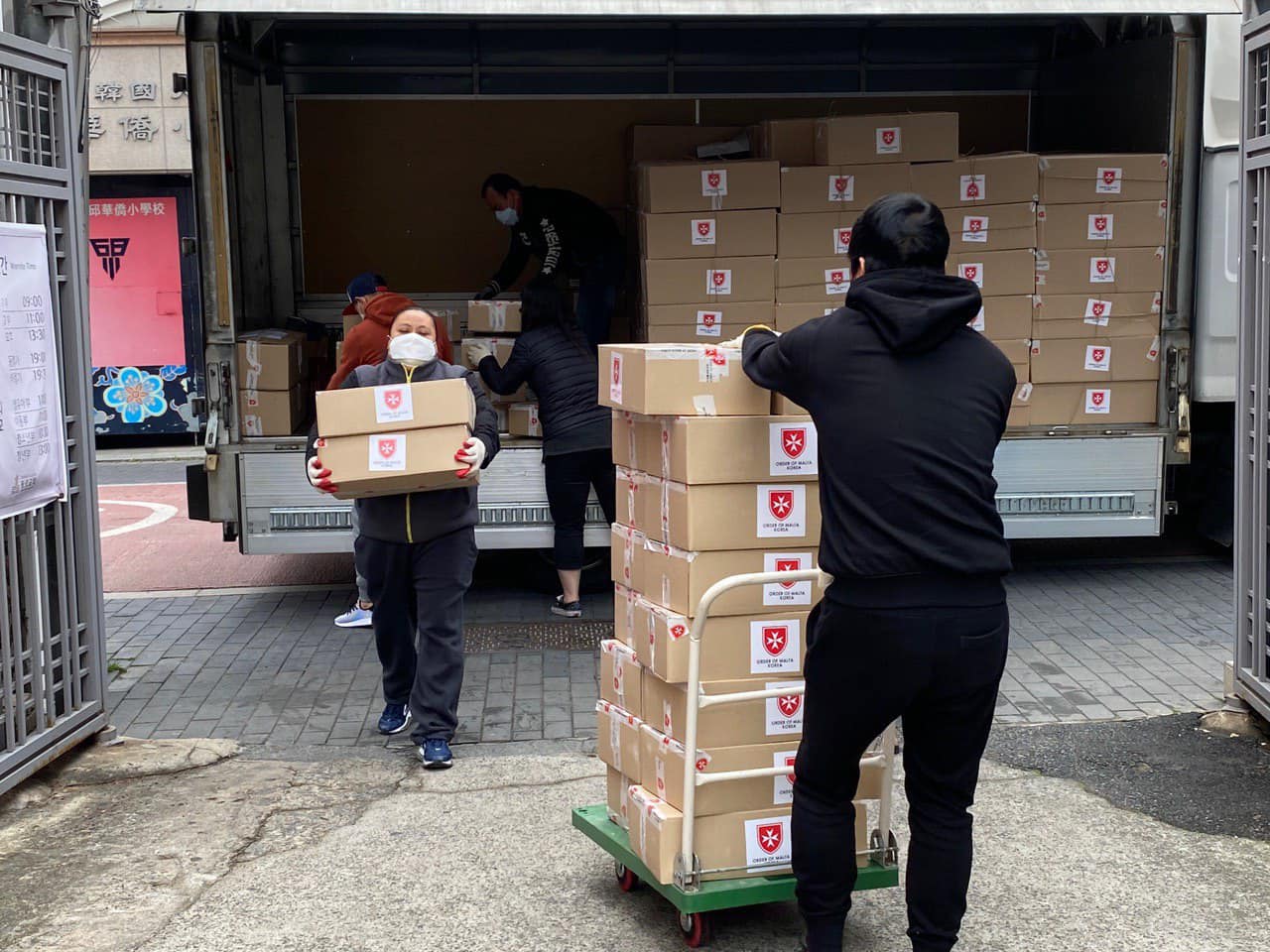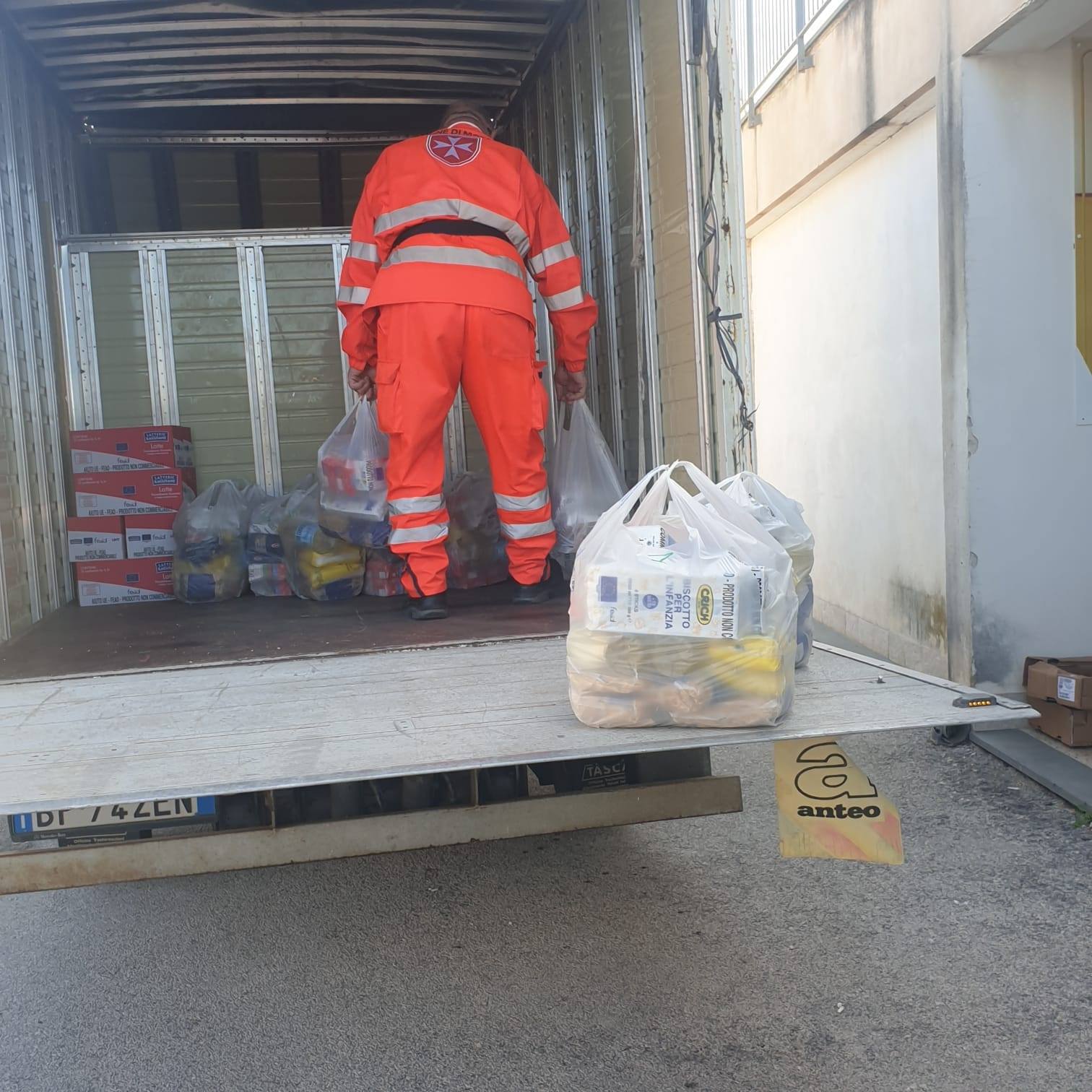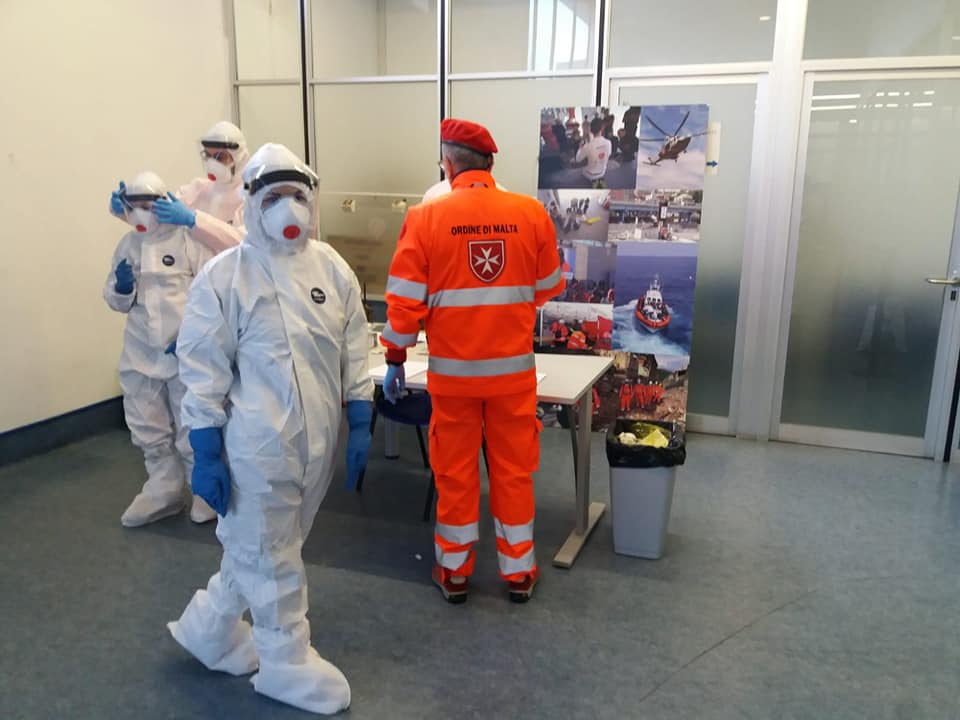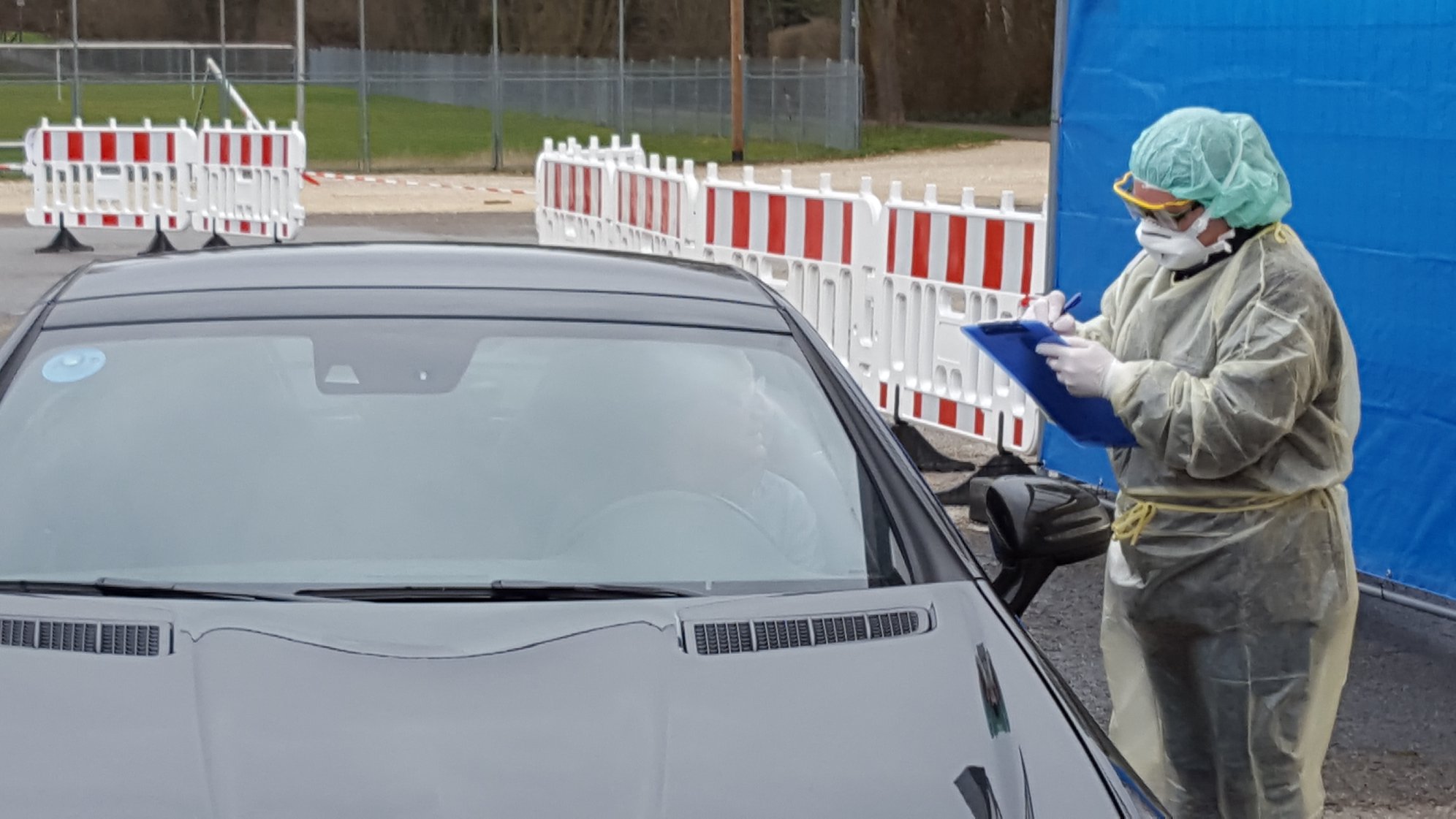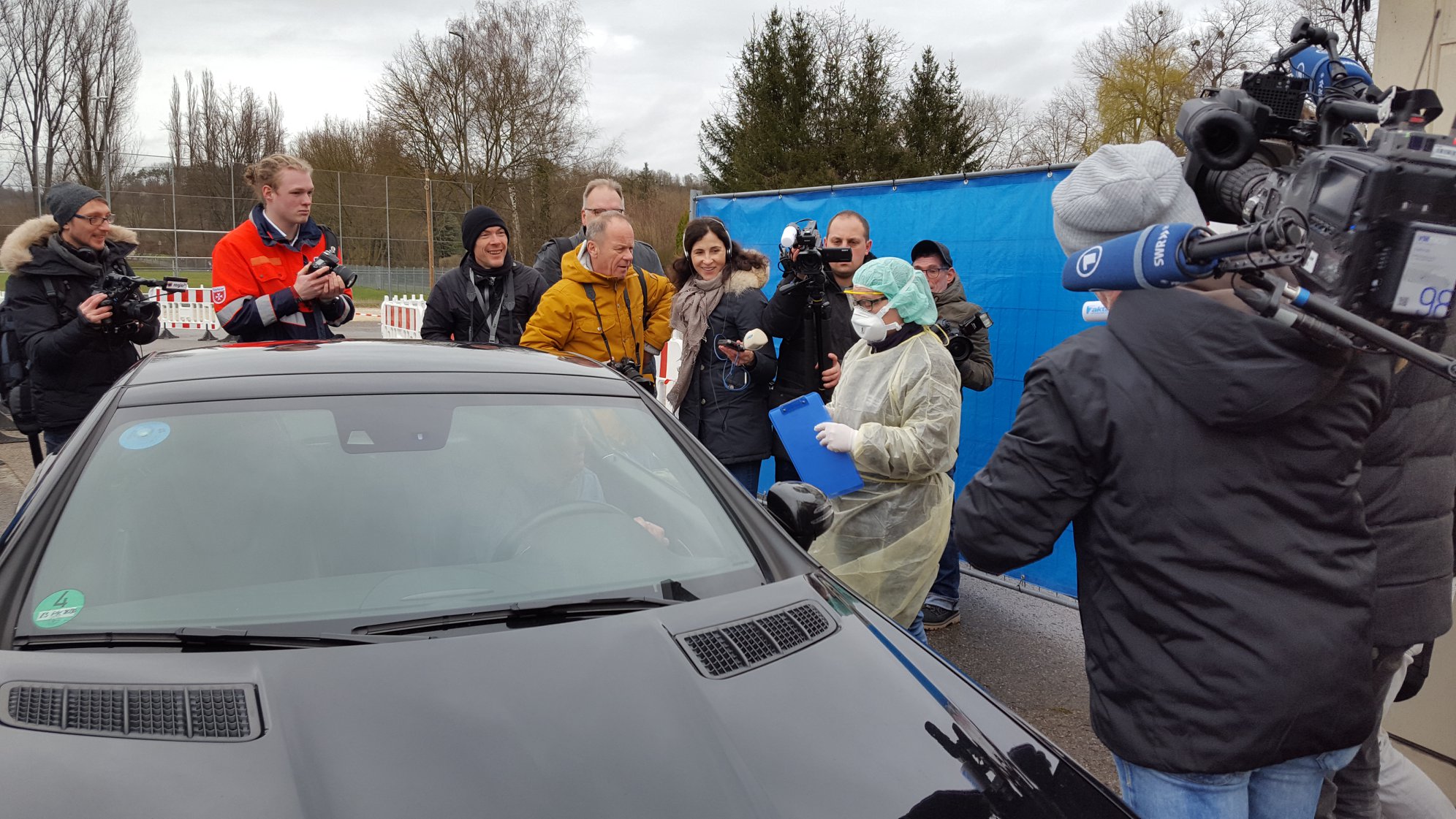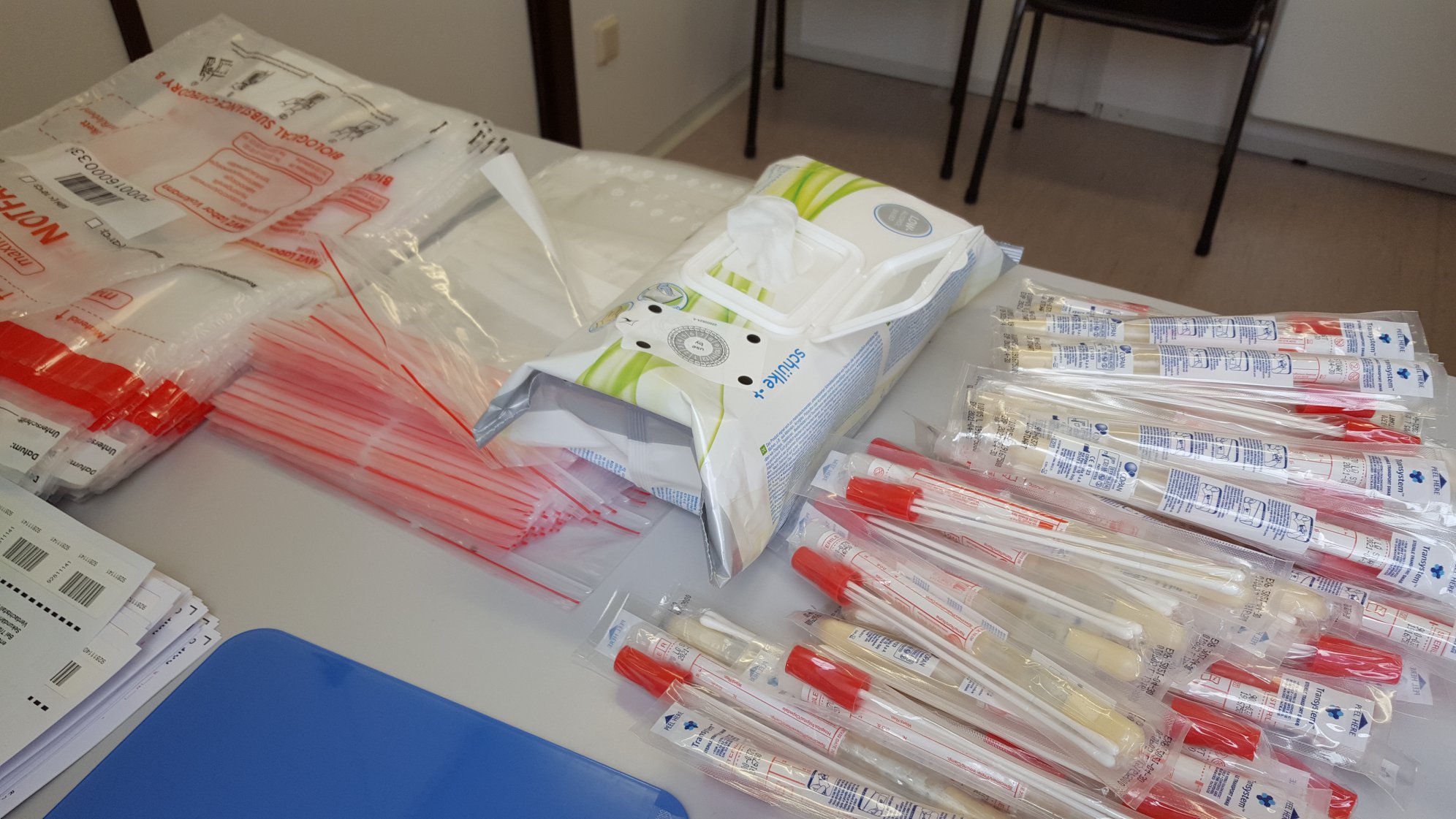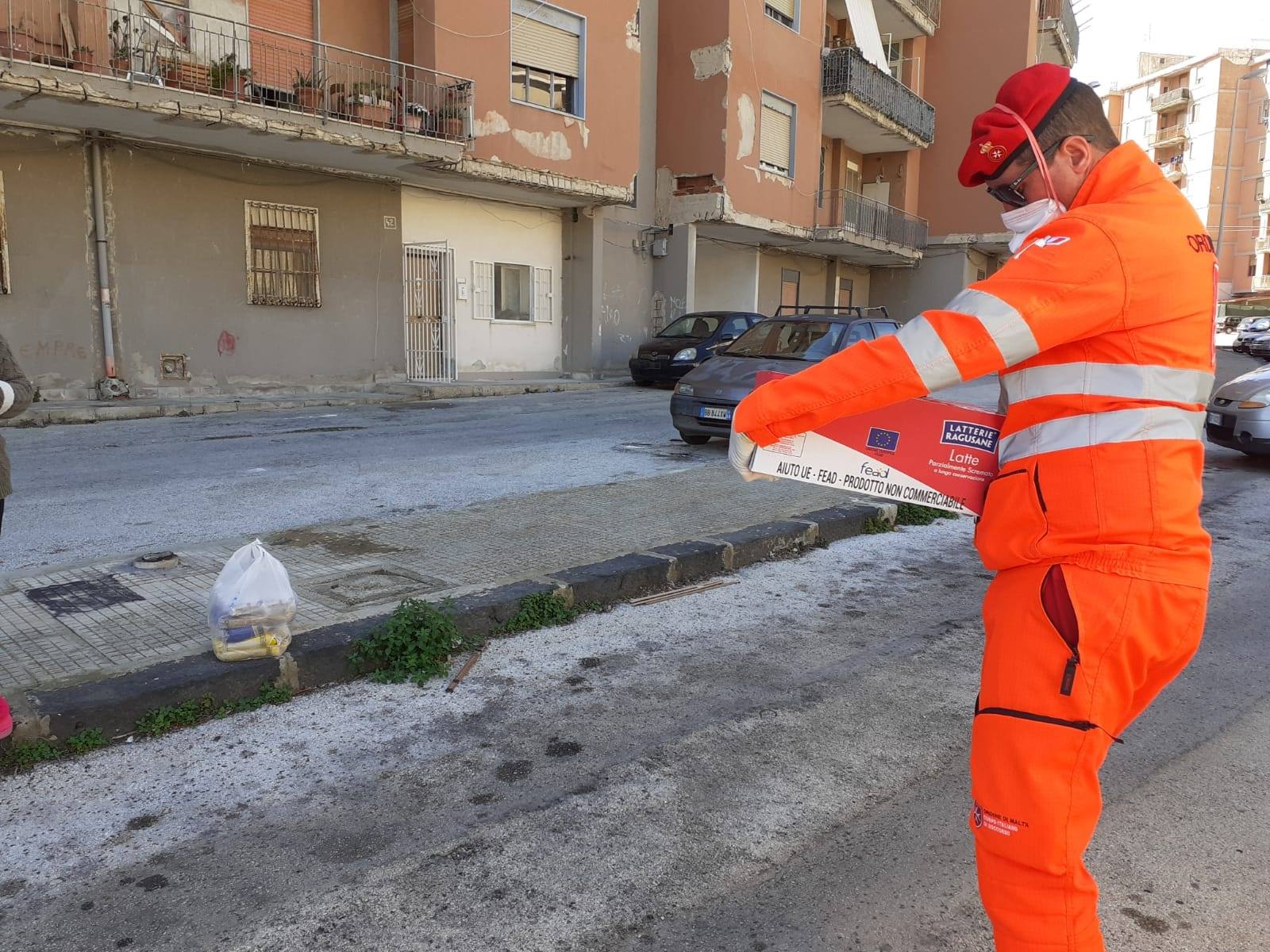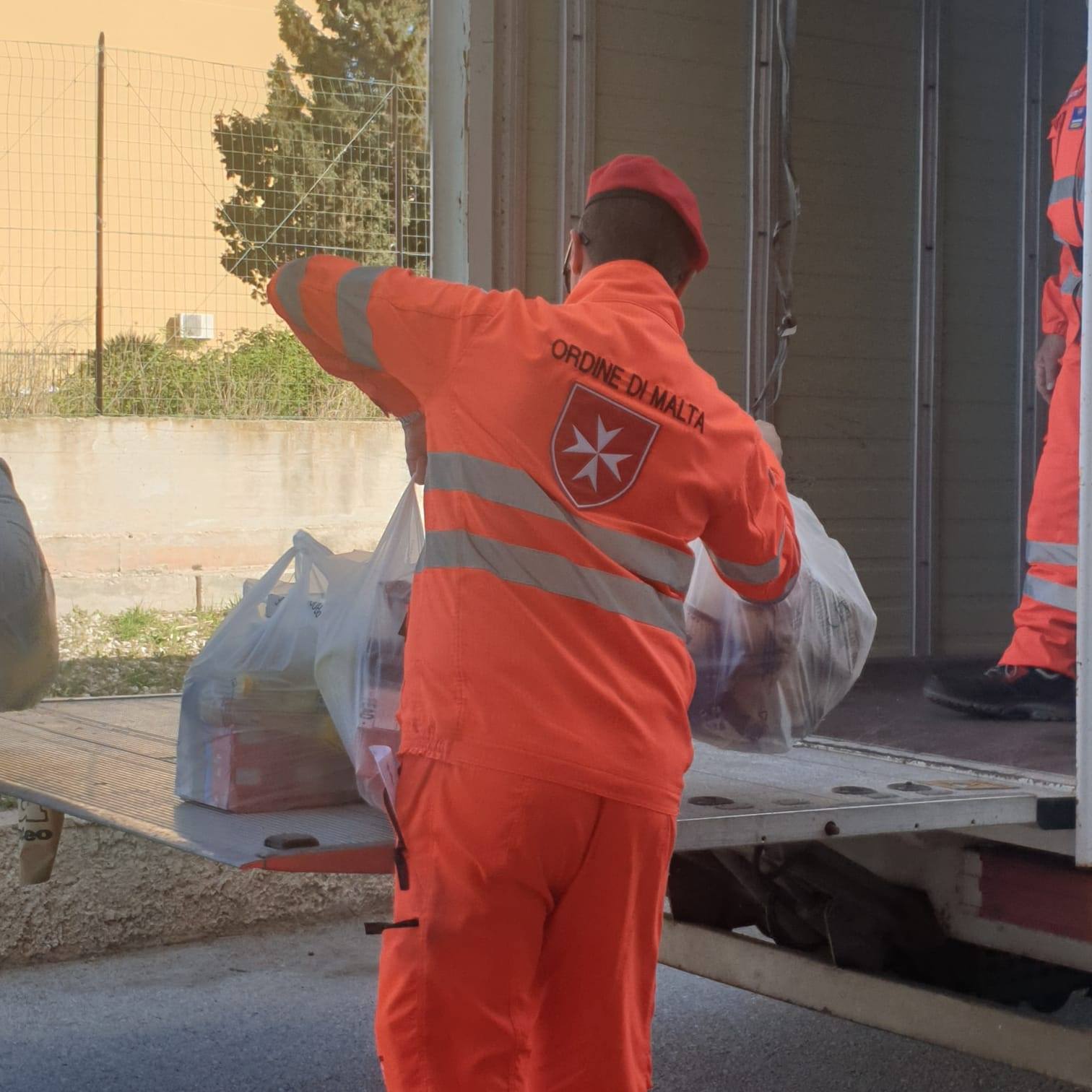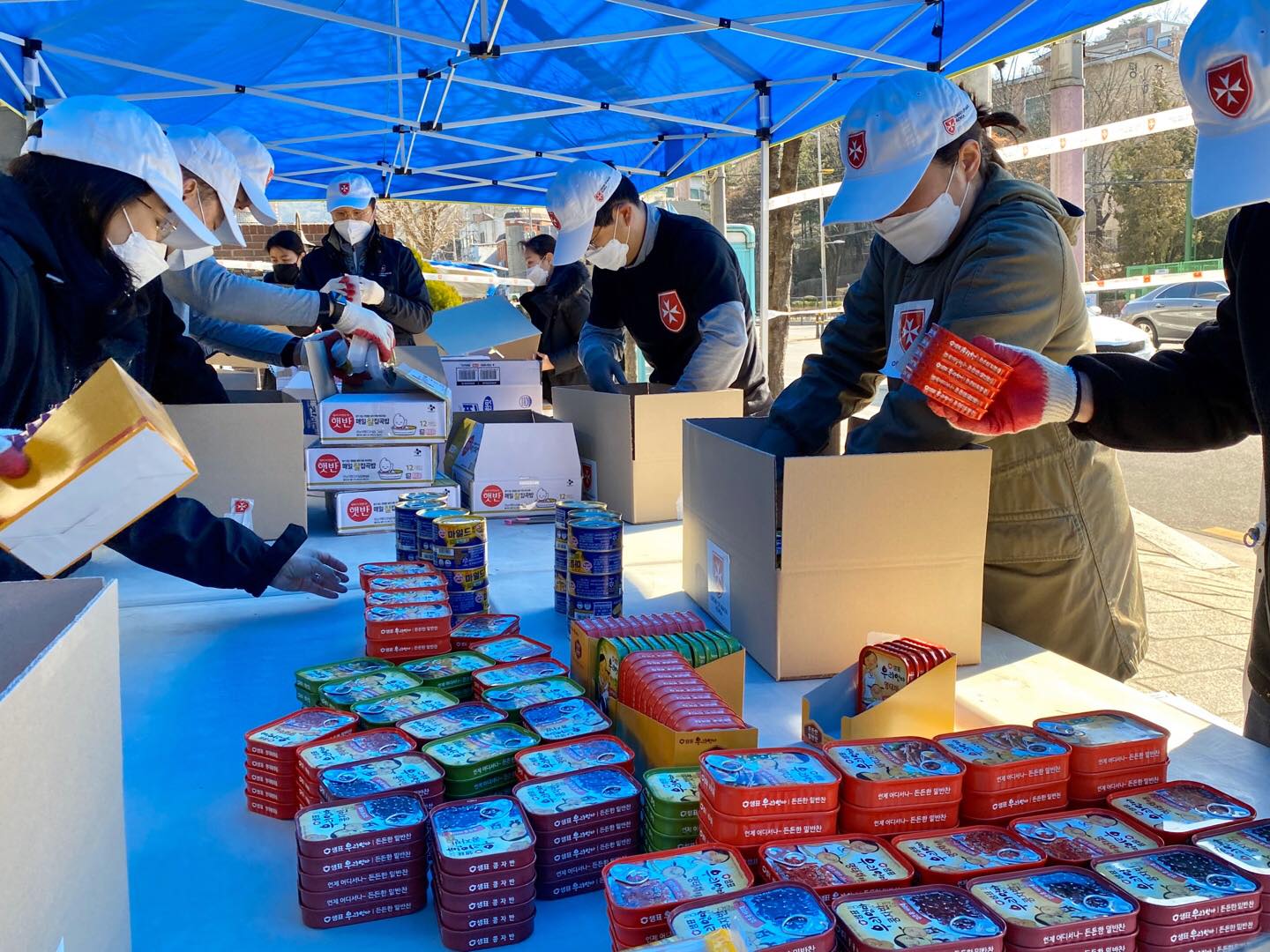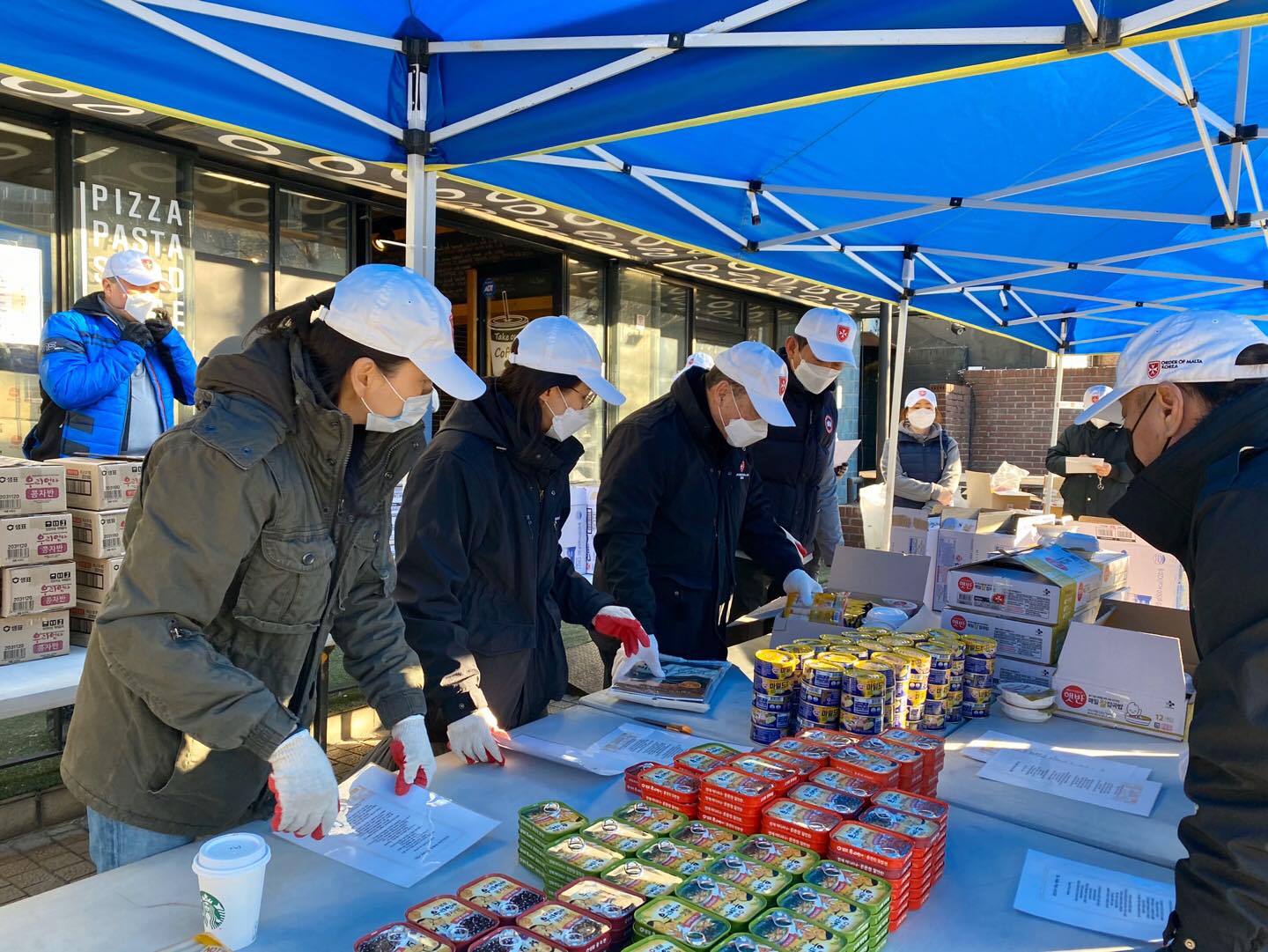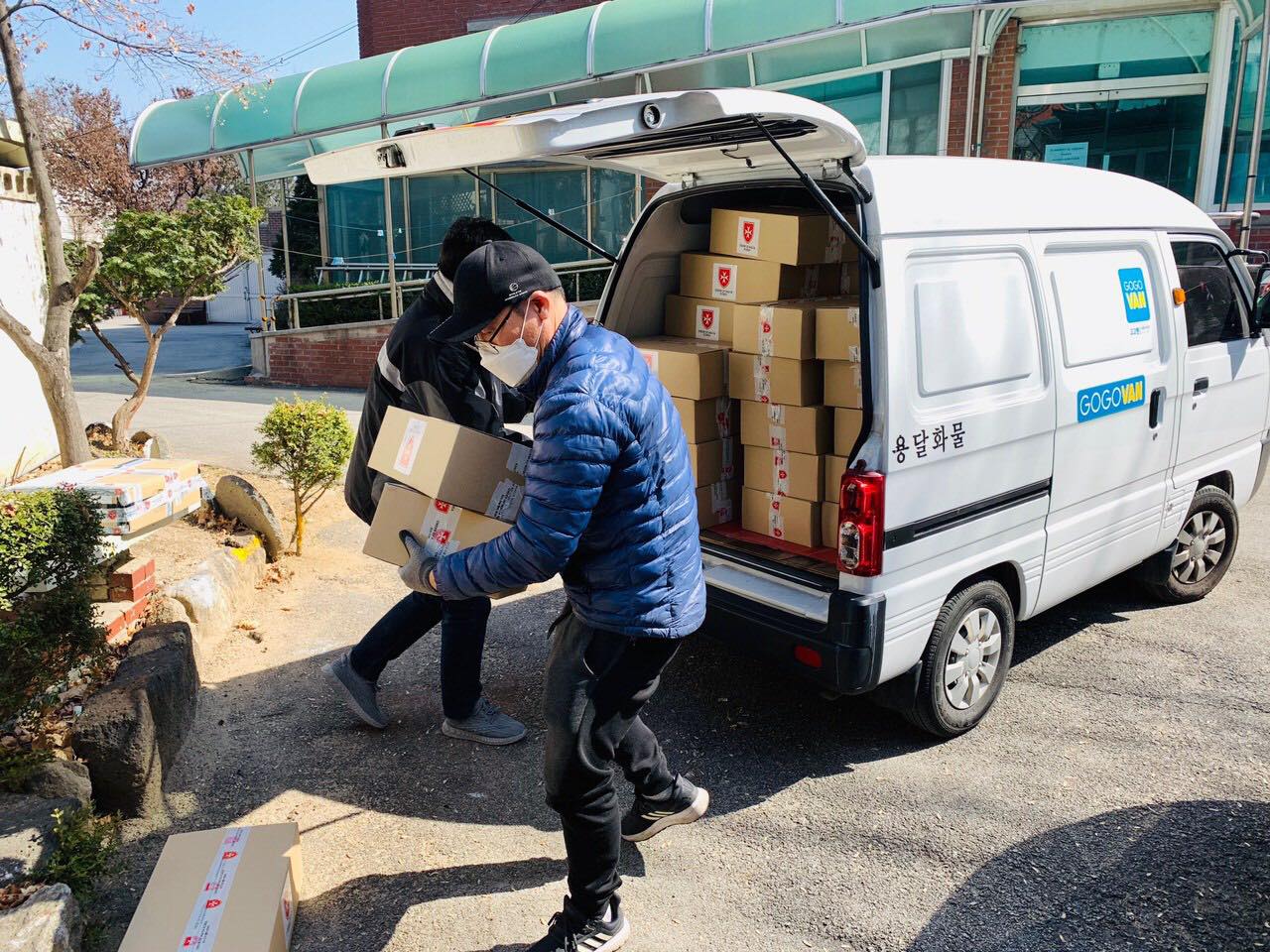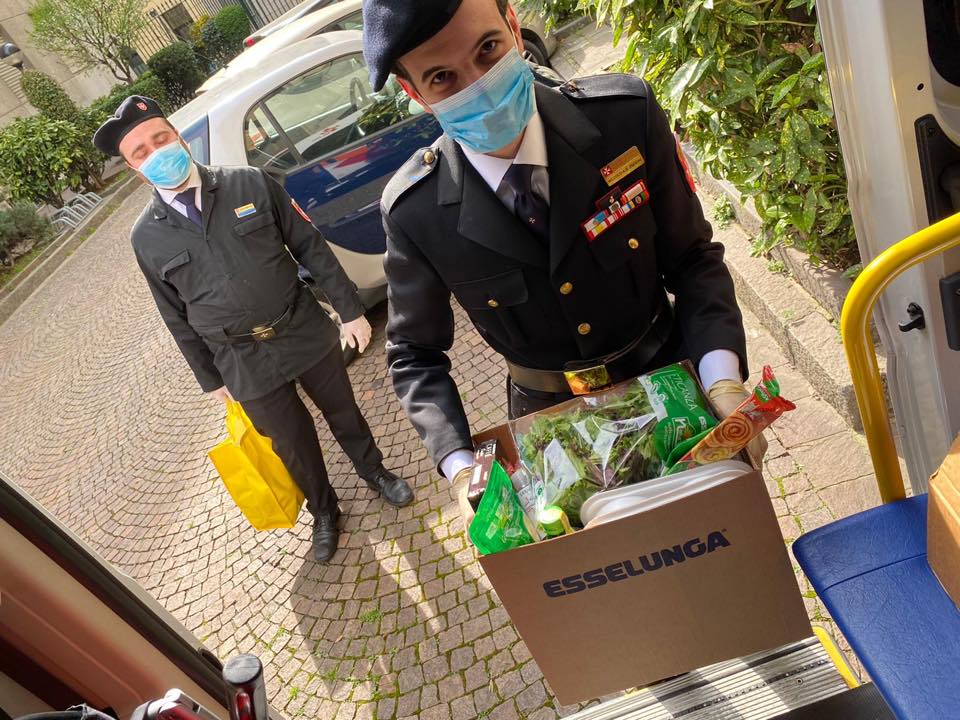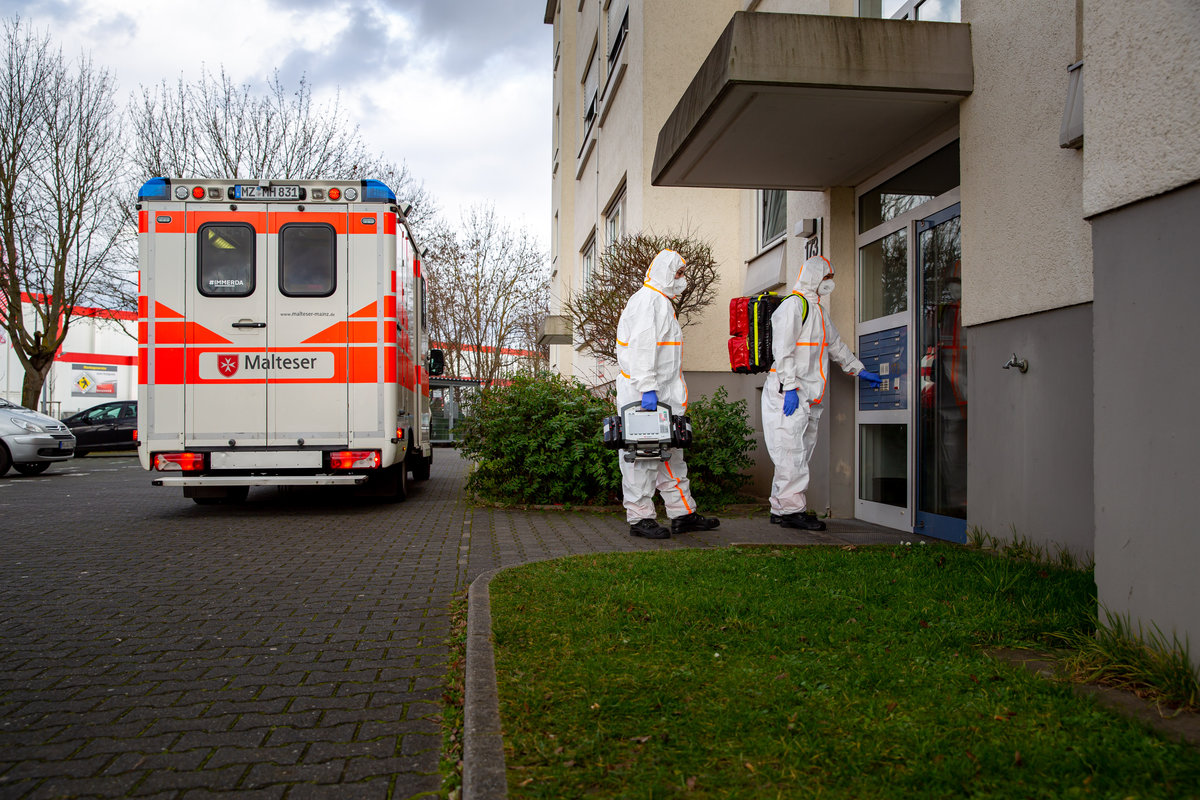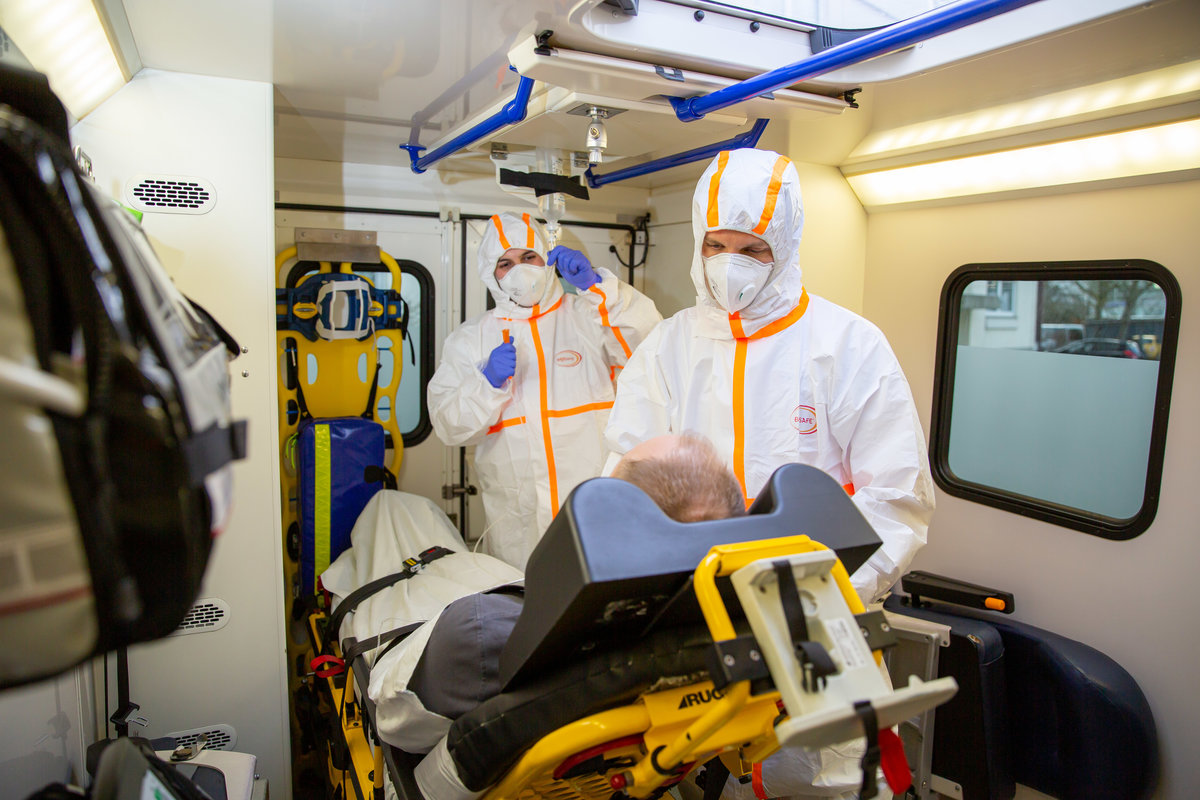The entire world now has to contend with the Covid-19 pandemic, overstretching national health services, as well as every level of social assistance service. The Order of Malta’s Grand Priories, Associations and Relief Corps have organised themselves to adopt the provisions issued by national governments in cooperation with other relief organizations.
With the rapid spread of the Covid-19 epidemic also in Germany, Malteser Deutschland’s medical teams are operating on several fronts. A much-appreciated initiative in Baden Württember was two “drive-in” stations to test people without having to leave their cars. They are open from 10 a.m. to 7 p.m. for residents who have received a code from their family doctor after an initial telephone diagnosis. Other Order of Malta activities in Germany include setting up and managing mobile clinics, pre-hospital triage services, clinical analysis clinics and expert advice for crisis management.
In Belgium, Covid-19 and consequent government measures have forced the Order of Malta to close until 3 April the La Fontaine reception centres in Brussels, Liège and Ghent, where the homeless are given assistance and the possibility to wash themselves and their clothes. Services for the disabled have also been suspended until the same date.
In Spain, the San Juan de Acre soup kitchen in Seville, managed by the Order of Malta’s Andalusian delegation, has decided to close its dining room in which daily meals were distributed to some 240 people, “since it is not possible to guarantee a safe distance” against the virus. The food will now be handed out in bags through a window.
In Perugia, in central Italy, Order of Malta volunteers cooperate with local chemists to bring medicines to the elderly and sick at home. This service will respect all health and hygiene standards; volunteers are provided with masks and gloves and the medicines are delivered maintaining a safe distance. The service is provided for those over 65 living alone, with chronic and invalidating diseases, and those over 75 living alone and disadvantaged. It will be in operation for the entire duration of the coronavirus emergency.
In Milan, in northern Italy, one of the most affected areas in Europe, the Order of Malta’s young volunteers bring shopping and medicines to the elderly or disabled at home, assisted by the local delegation.
Still in Italy, in Rome, the Order of Malta Outpatients’ Clinic in the Magistral Palace remains open (with reduced hours), whereas the First-Aid Post in the Vatican run by the Order has been shut, following the closure of St. Peter’s Square decreed by the Vatican City authorities.
Since the beginning of the health emergency, the medical staff of the Lebanese association has conducted awareness and education campaigns among the communities in all the outlying regions where the Order of Malta’s medical centres and mobile medical units operate. In addition, all the nurses of the Order’s centres in Lebanon have undergone special training on Covid-19, offered by the Ministry of Public Health.
The virus also arrived in Bethlehem on 5 March, with the consequent total shutdown of the city and surrounding region. The Holy Family Hospital, the Order of Malta’s neonatal facility for vulnerable mothers and babies in the area, remains open with a reduced staff. Some employees with children are at home since schools are closed and some have been put in quarantine because of recent journeys. One of the operating theatres has been turned into an isolation ward for infected patients. The infection-control measures have been intensified in line with the Palestinian Ministry of Health protocols.
Farther away, in the Far East, the Order of Malta’s members and volunteers in Korea have put together an emergency-relief programme for the disadvantaged, whose lives have been further endangered by the Covid-19 pandemic. Twenty-five volunteers have filled boxes with food packages and personal hygiene products, totalling over 5 tonnes. Six hundred cases have been sent to the Daegu diocese for undernourished children, foreign workers and refugees in the most affected region. In this area the free soup kitchens have been suspended.








